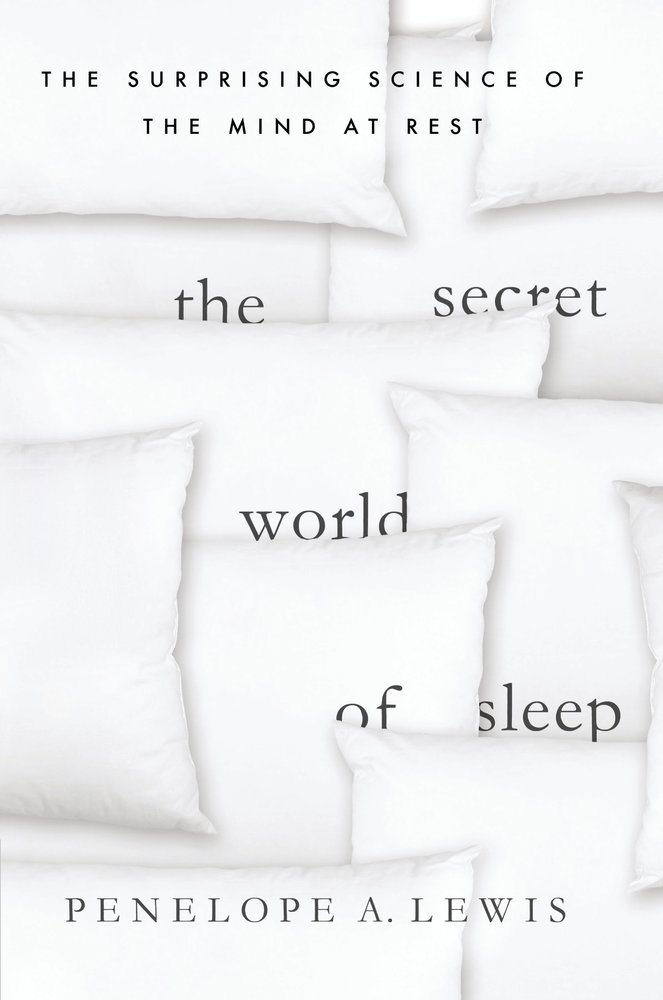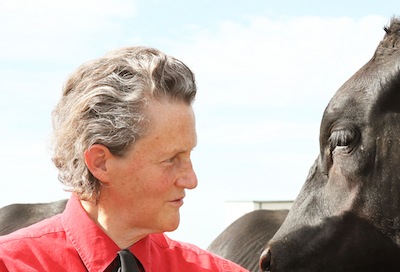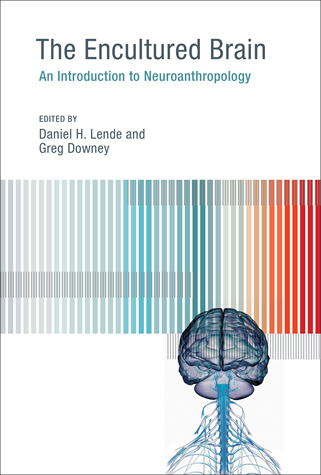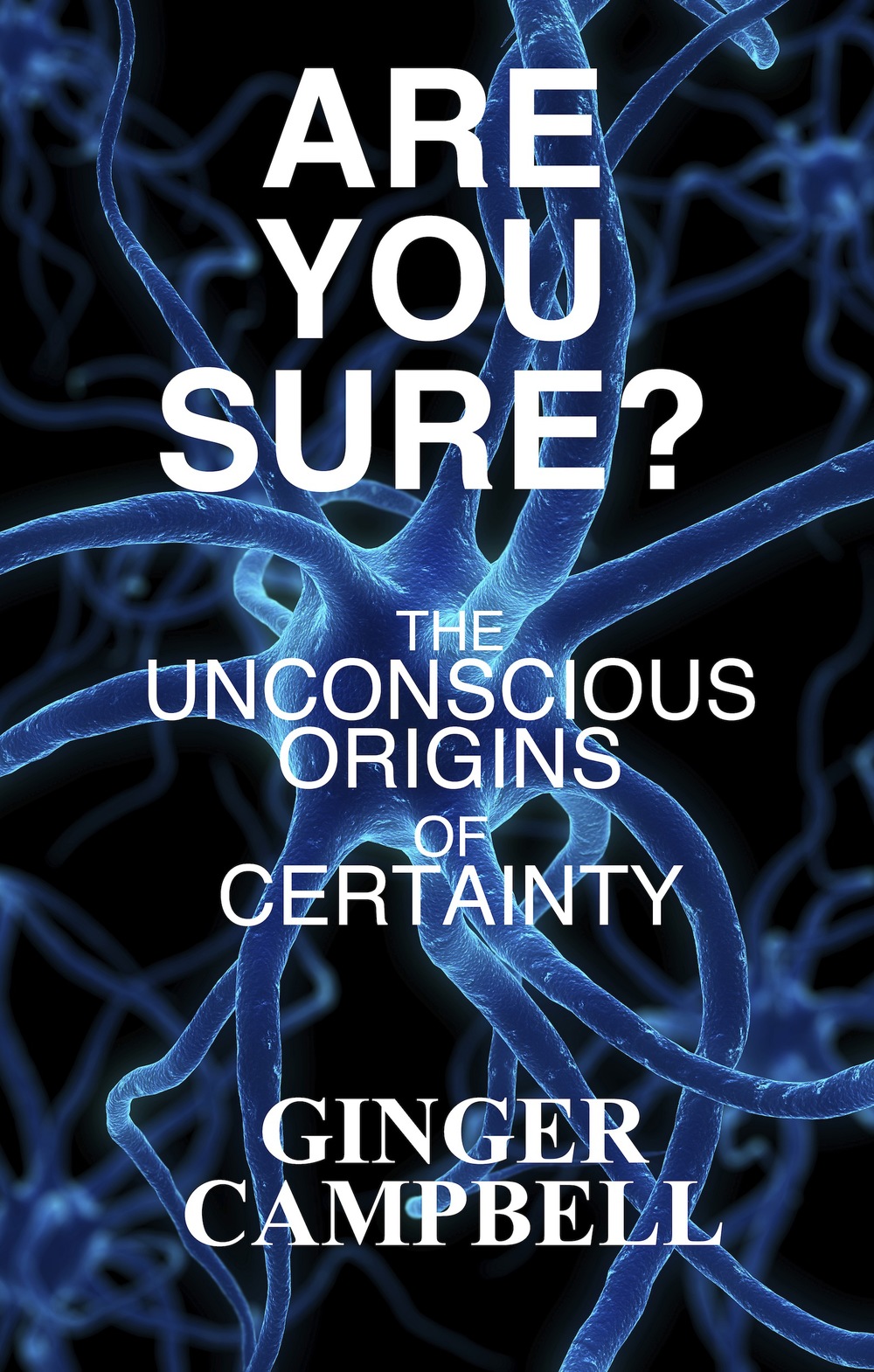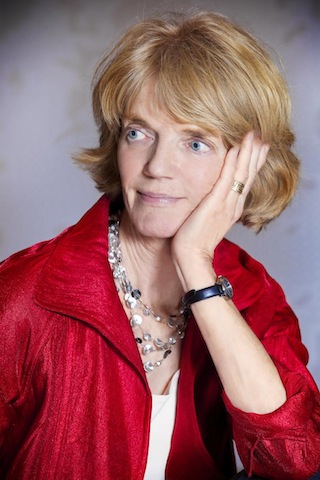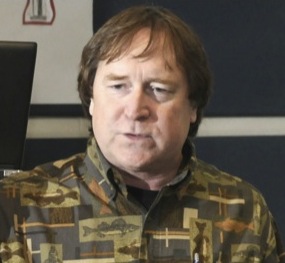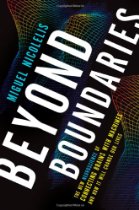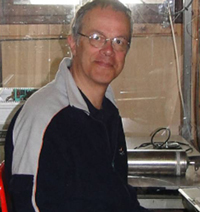 Fabrizio Benedetti, MD (click for audio)Dr. Fabrizio Benedetti is one of the world's leading researchers of the neurobiology of placebos. In a recent interview (BSP 77) he explained to me that he believes that "today we are in a very good position to describe, from a biological and from an evolutionary approach, the doctor-patient relationship, and the placebo effect, itself."
Fabrizio Benedetti, MD (click for audio)Dr. Fabrizio Benedetti is one of the world's leading researchers of the neurobiology of placebos. In a recent interview (BSP 77) he explained to me that he believes that "today we are in a very good position to describe, from a biological and from an evolutionary approach, the doctor-patient relationship, and the placebo effect, itself."
To appreciate Dr. Benedetti's work one must first realize that his approach differs from that of the typical clinical trial. As he observed, "To the clinical trialist, a placebo effect means any improvement which may take place after placebo administration. To the neurobiologist, a placebo response, or placebo effect means only something active in the brain happening after placebo administration: learning, anxiety reduction, activation of reward mechanisms."
In contrast, he explains "The real placebo response, the real placebo effect is a psychobiological phenomenon. It is something active happening in the brain after placebo administration: like learning, like anxiety reduction, and such like." Brain Science Podcast 77 provides an introduction to this complex, but fascinating topic.
 Listen to Episode 77
Listen to Episode 77
Click here for full show notes, including references and episode transcripts.
Subscribe to the Brain Science Podcast: 












